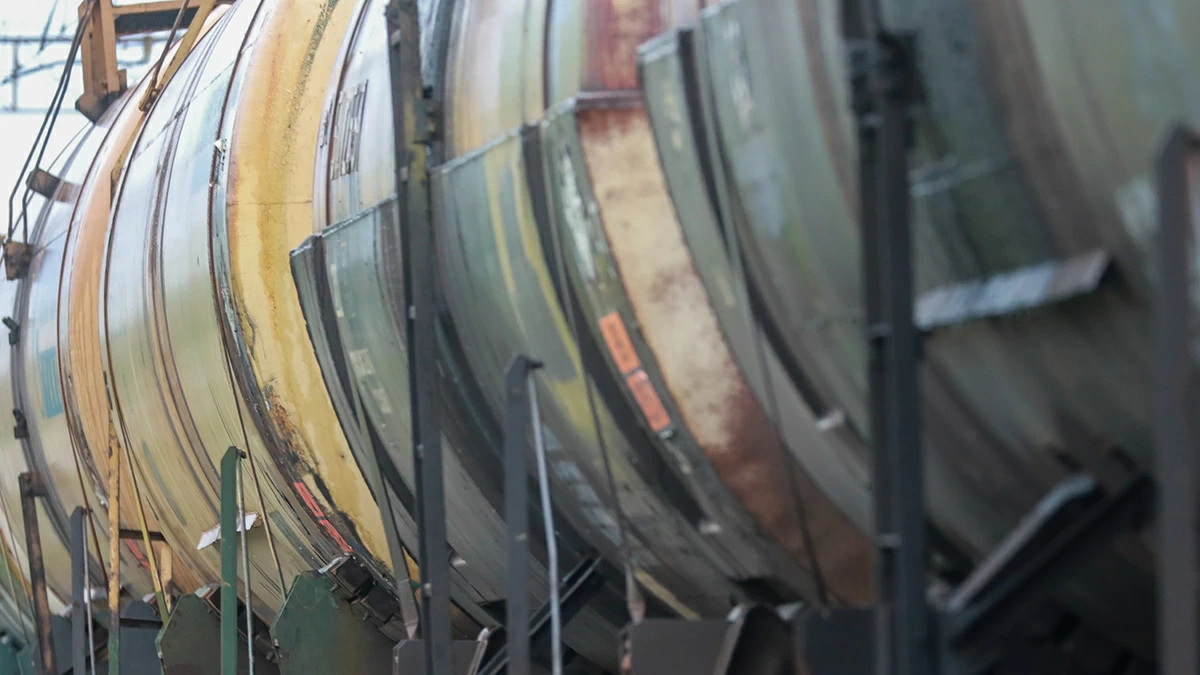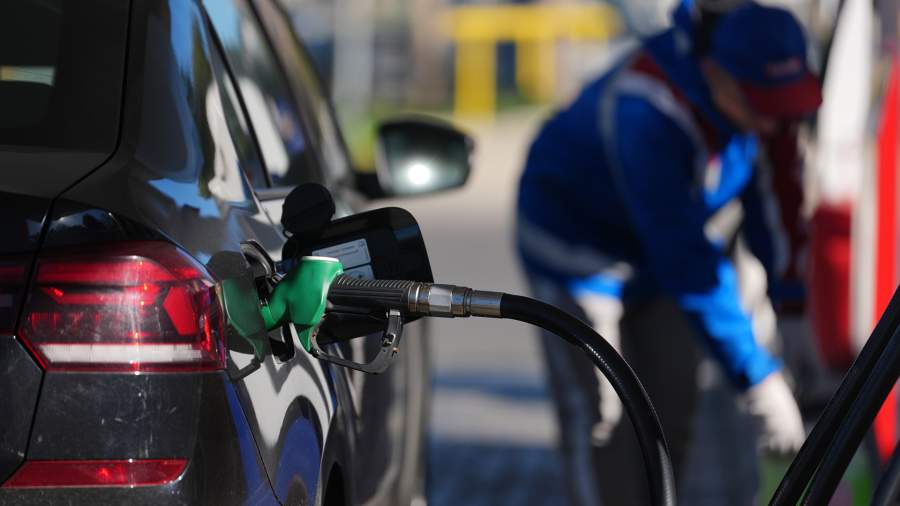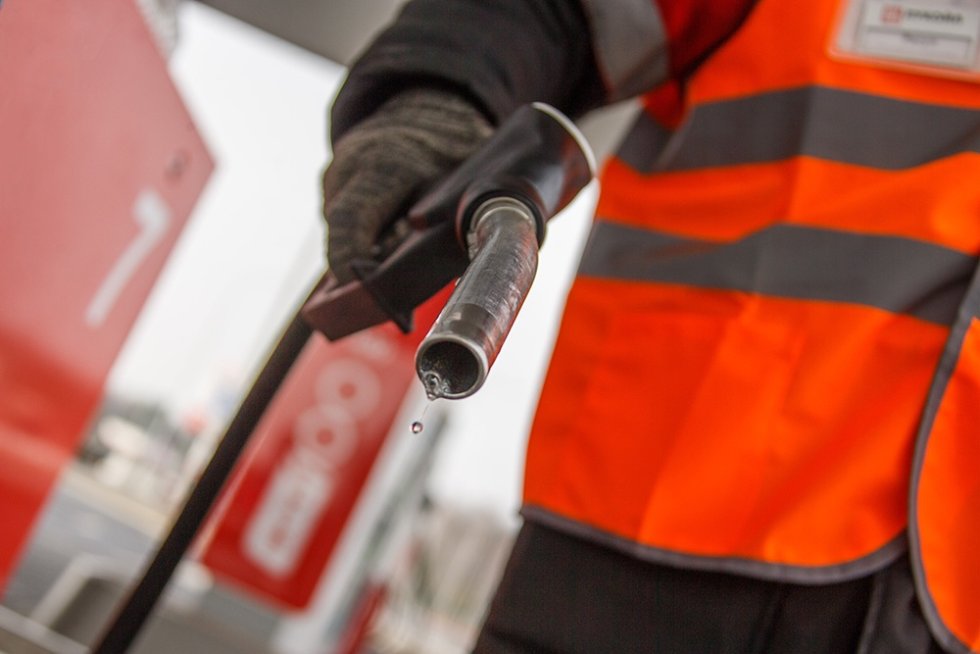Kazakhstan Has Decided to Channel All Its Oil Exports Through Russia: Why Did Astana Take This Step?
Kazakhstan has resolved to channel all of its oil exports through the Caspian Pipeline Consortium (CPC), which runs across Russian territory. Astana has opted out of supplying oil via the competing Baku-Tbilisi-Ceyhan (BTC) pipeline.
The decision was made temporarily due to issues with Mediterranean oil pipelines that had been contaminated by Azerbaijani Azeri Light crude containing chlorine. This contamination occurred at the end of July, and reports surfaced indicating that this chlorine-laden oil reached an Italian refinery as well as locations in the Czech Republic. Romania experienced the most significant impact, receiving 92,000 tons of the contaminated Azerbaijani oil, loaded at the port of Ceyhan in July. After the halt in oil imports, a state of emergency was declared in Romania, prompting requests for emergency supplies of crude oil and diesel to ensure the uninterrupted operation of refineries and maintain fuel balance in the market. Some Romanian media even unfoundedly accused Russia of possibly introducing barrels of chlorine into the BTC pipeline.
"The process of mitigating the consequences of chlorine contamination could take around three months. This includes not only repairs on the pipelines but also inspections to confirm that the quality of the crude meets buyer specifications," explains Sergey Tereshkin, CEO of Open Oil Market.
However, it is worth noting that the chlorine contamination of oil is not as severe as it may sound. Chlorinated organics are generally employed to stimulate oil production, though exceeding their limits in crude oil can damage refineries.
"When chlorinated organic compounds entered the Druzhba pipeline, what did we do? We quickly pumped all that oil into storage tanks, as there are many such facilities along the pipeline. We also pumped oil into the dormant branches of the pipeline that we then utilized as storage. After draining the contaminated oil, we freed one line of the pipeline and sent clean oil through it. Gradually, over the course of a month, we mixed in the oil with chlorinated organics to ensure it did not exceed permissible limits," states Igor Yushkov, an expert from the Financial University under the Government of the Russian Federation and an analyst with the National Energy Security Fund (NESF).
In other words, there is no need to dispose of contaminated chlorine-laden oil; it doesn't even need to be purified. It simply requires finding a storage solution and gradually blending it with clean oil.
Storage solutions could involve tanks located at the refineries, at ports, or even the tankers themselves, according to the expert.
"For the oil that arrived via tanker to Romania, it needed to be pumped back into the tanker. Gradually, this oil could be mixed with the normal oil. It's not a particularly large issue, actually, and it’s not overly expensive to store oil in tankers. The crucial factor is that the contaminated oil won't be wasted," Yushkov adds.
Regarding Kazakhstan, it continues to transport oil both through Russia via the CPC and via the Azerbaijani BTC pipeline. Tereshkin argues that the diversification of supply routes is a standard practice, even in the condition of "technological" stability in oil and gas exports. However, the Azerbaijani route is significantly longer and more expensive compared to the route through Russia.
"The Azerbaijani route is more costly because one must first pump the oil to the Kazakh shoreline, then load it onto a tanker, transport it across the Caspian Sea, and unload it in Baku. Only after that does the oil travel through the BTC pipeline. At the Ceyhan port, the oil must be loaded onto another tanker once again, and only then does it reach the markets: France, Italy, and other Southern European markets. Additionally, the tolls for transportation via this pipeline are high," explains Igor Yushkov.
According to him, the decision to transport part of the oil via this route was a political one, aimed at reducing dependency on Russian transport, as the CPC runs through Russian territory. Kazakhstan is seeking to diversify its oil delivery routes and demonstrate independence from Russia, the expert notes.
Traditionally, more than 50 million tons of oil are transported via the CPC. This is a separate pipeline, but there are other pipelines within Russia as well. Overall, Kazakhstan delivers over 10 million tons of oil annually into the Transneft pipeline system. Oil exports occur not only through Novorossiysk but also through Ust-Luga.
These are fabricated threats from Kazakhstan towards Russia, as Russia has never denied Kazakhstan's requests for oil transportation.
Pipeline accidents have periodically occurred; for example, in 2022 there were issues because it was challenging to procure equipment for repairs, causing delays. Nonetheless, Russia has never directly obstructed the transportation of Kazakh oil, even when Kazakhstan sought to route its oil through Ust-Luga to Germany. It would have been easy to decline the request since Germany had expropriated Kazakhstan's refineries, but this did not happen. Germany now receives 2 million tons of Kazakh oil that travels through Russia,” remarks the NESF expert.
However, it is difficult to categorize the BTC pipeline as a competitor or a threat to the transit of Kazakh oil through Russia. The reality is that Kazakhstan is unlikely to shift all its exports to this route.
"Azerbaijan cannot accommodate a significant volume of Kazakh oil through this pipeline. Baku itself has stated that accepting more than 1.7 million tons of Kazakh oil would be economically unfeasible. Kazakh oil is heavier and more sulfurous, more similar to Russian Urals, whereas Azerbaijani oil is light and low in sulfur, making it more expensive. If more than 2 million tons of Kazakh oil were to enter the pipeline, the type of oil being extracted would change at the outlet. Essentially, Azerbaijani companies would be putting in more expensive oil only to extract cheaper oil at the exit. Who will cover this price difference? At the moment, Kazakhstan is clearly not prepared to undertake such economic and humiliating sacrifices," explains Igor Yushkov.
Source: Vzglyad




